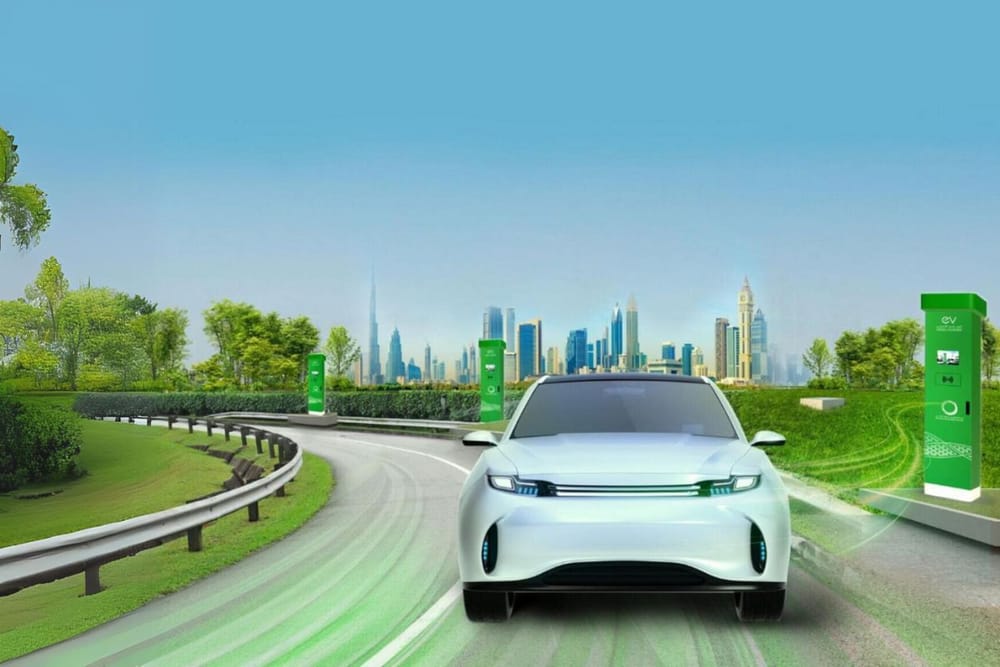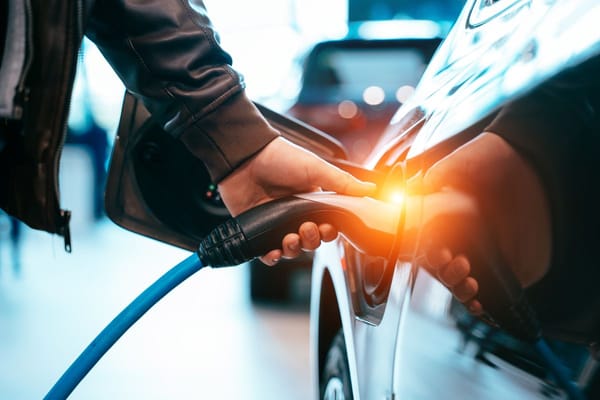The UAE has announced a new unified pricing structure for charging electric vehicles (EVs), as specified in Cabinet Resolution No. 81.
According to the resolution, service providers must charge a minimum of Dh1.20 plus VAT per kWh for 'express' charging and a minimum of Dh0.70 plus VAT per kWh for 'slow' charging. This resolution, published in the Official Gazette on July 8, will come into effect on September 6, 60 days after its publication.
Chief Financial Officer of Yandex, Abdulrahman Nabhan, explained that the new fees depend on the type of charging service. This move aims to regulate and standardize EV charging infrastructure across the country. Currently, charging rates at stations vary widely, with some even being offered for free. The Council of Ministers retains the authority to amend these fees as necessary.
Earlier this year, the UAE launched UAEV, the first government-owned EV charging network, with plans to install 100 charging stations nationwide. Additionally, ADNOC group announced plans to install over 500 new fast and superfast chargers in the coming years. The demand for EVs has surged, with sales in the UAE almost quadrupling in 2023, rising from 3.7% in 2022 to 11.3%.
Legal and industry experts have praised the new resolution. Mostafa Hegab, Legal Counsel at Mansoor Lootah Advocates and Legal Consultants, stated,
"The resolution aims to regulate the utility of electric vehicle services and paves the way for a new era of renewable energy usage as a reliable alternative source of energy."
He added that the resolution would encourage investment in renewable energy sources such as solar panels.
Although users who previously enjoyed free charging services will now have to pay, the cost is still expected to be more affordable than fossil fuels. EV owners have welcomed the move, anticipating reduced crowding at superchargers and increased availability of chargers on major highways and cities.
Shireen M., an EV owner who commutes between Dubai and Abu Dhabi, expressed support for the new fees despite the increase in her expenses.
"Often, people would use chargers in public places even if they didn't need it because it was free. I've spent hours waiting in line just to charge for 10 minutes to get home, while others charged to 100% to avoid paying. This move ensures chargers will be available when needed,"
she said.
The new fee structure is part of the UAE's broader efforts to promote sustainable transportation and transition towards a greener economy. Last year, the country approved a national policy to build a network of electric vehicle chargers, aiming to reduce energy consumption in the transport sector by 20%.
News Source: Khaleej Times









